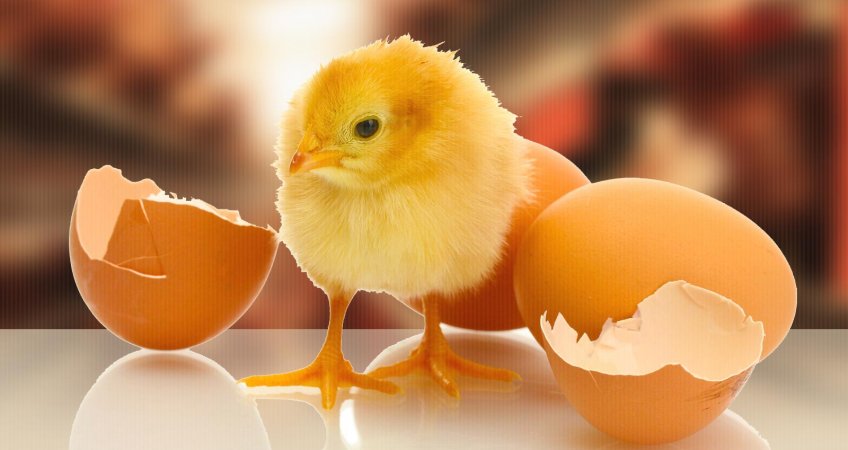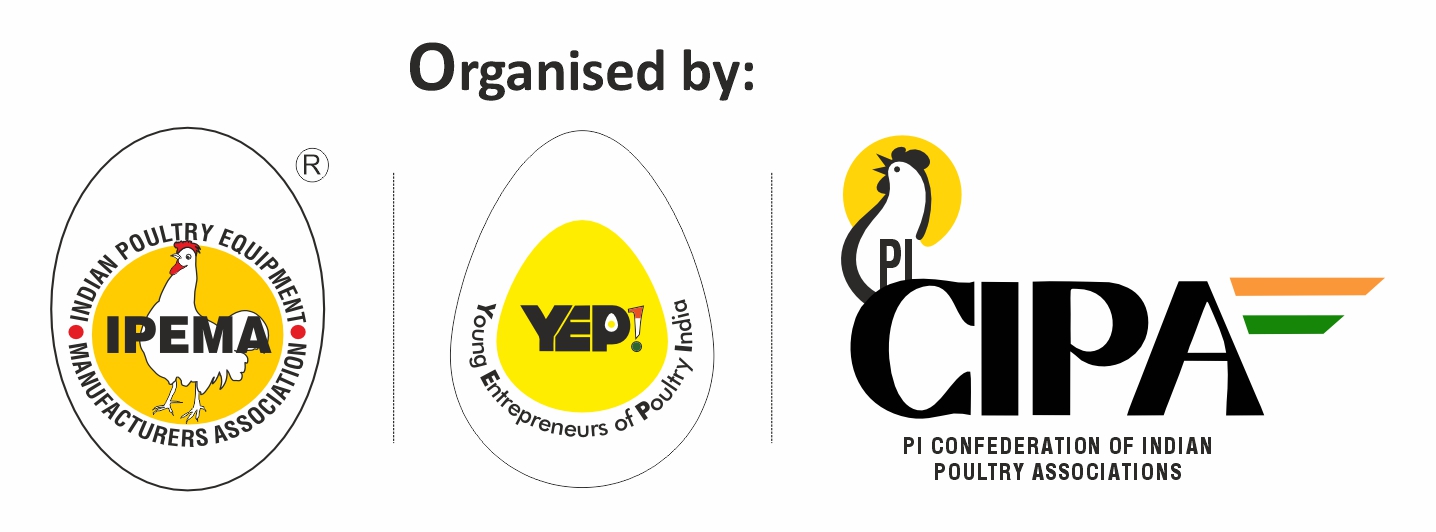9 chicken and egg questions to ponder

1. Can eggs from the grocery store hatch?
The short answer is no, or probably not. For an egg to hatch, it needs to be fertilized by a rooster. Since most store eggs come from hens without the assistance of a rooster, they are unfertilized and will not hatch.
2. What's the difference between free-range and cage-free chickens?
When chickens are free-range, this means they develop more natural habits. They eat what they want, when they want it, and they’re eating a lot more natural foods like bugs instead of chicken food given to them at a certain time each day. Jessi Bloom is the author of "Free-Range Chicken Gardens." She's been raising chickens and designing landscapes for chickens for more than 15 years, and she says not all "free-range" situations are created equal. Some free-range chickens might have a tiny backyard while others have a big pasture. She encourages consumers to ask questions when they're selecting an egg source. When someone claims to have eggs from free-range chickens, it means the chickens are free to move around and roam in their habitat versus being confined to a small space. (And if you're curious, here's what all the other egg labels mean.)
3. Are eggs good for you?
For years, eggs (especially the yolks) have had a bad reputation, at least for anyone worried about high cholesterol. However, studies have shown that whole eggs can be part of a heart-healthy diet. "An egg a day does not have a negative impact on health," said professor Erin Rimm in a Harvard study. In addition, eggs are low in calories (about 70 calories per egg) and high in protein (about 6.3 grams). As a comparison, if you lose the yolk, you'll get about 17 calories per egg and 3.6 grams of protein. So if you like eggs, eat them! They are actually pretty good for you.
4. Are farm eggs really better than store eggs?
There's a lot of controversy about this one. Farmers will insist that farm-fresh eggs taste better, but in blind studies, results are pretty even. However, farm-fresh eggs do win out when it comes to nutritional benefits like less cholesterol, more omega-3 fatty acids and an increase in certain vitamins like vitamin D and A.
5. What do GMOs have to do with eggs?
Understanding GMOs is a science in itself, but here's what it has to do with chickens: If chickens are eating feed and seed that have GMOs in them, that can pass through to the eggs. This is another reason to really know where your eggs are coming from. If you can find a good farm source for eggs, ask the person representing the farm what they feed the chickens.
6. Why is it important to know what chickens eat?
You know the whole "you are what you eat" phrase? Well, that also applies to chickens, which in turn, applies to chicken eggs. Going back to the above question about free-range or caged chickens, it's important to know what is in their diets, which should be as natural as possible.
7. What does the yolk say about an egg?
Bloom has been eating free-range chicken eggs, from chickens she raised, for so many years that she says it's hard for her to eat other eggs. One simple way you can judge an egg is by looking at the yolk. It should be different and darker than the yolks you see from store-bought eggs.
8. Does the color of an egg's shell matter?
Just because an egg is brown doesn't mean it's more natural or organic — though this is often the perception. The outside shell of an egg has to do with the chicken's breed, and good eggs can be white, brown and speckled. Knowing where the egg came from and how it got to you are much better questions to be asking.
9. Where can you find farm-fresh eggs?
A good place to start is your local farmers market. You can usually find at least one or two good egg sources there. You might also try asking around at a health food store or organic grocery store. Anytime you can buy direct from the farmer is best.
Source : www.mnn.com















